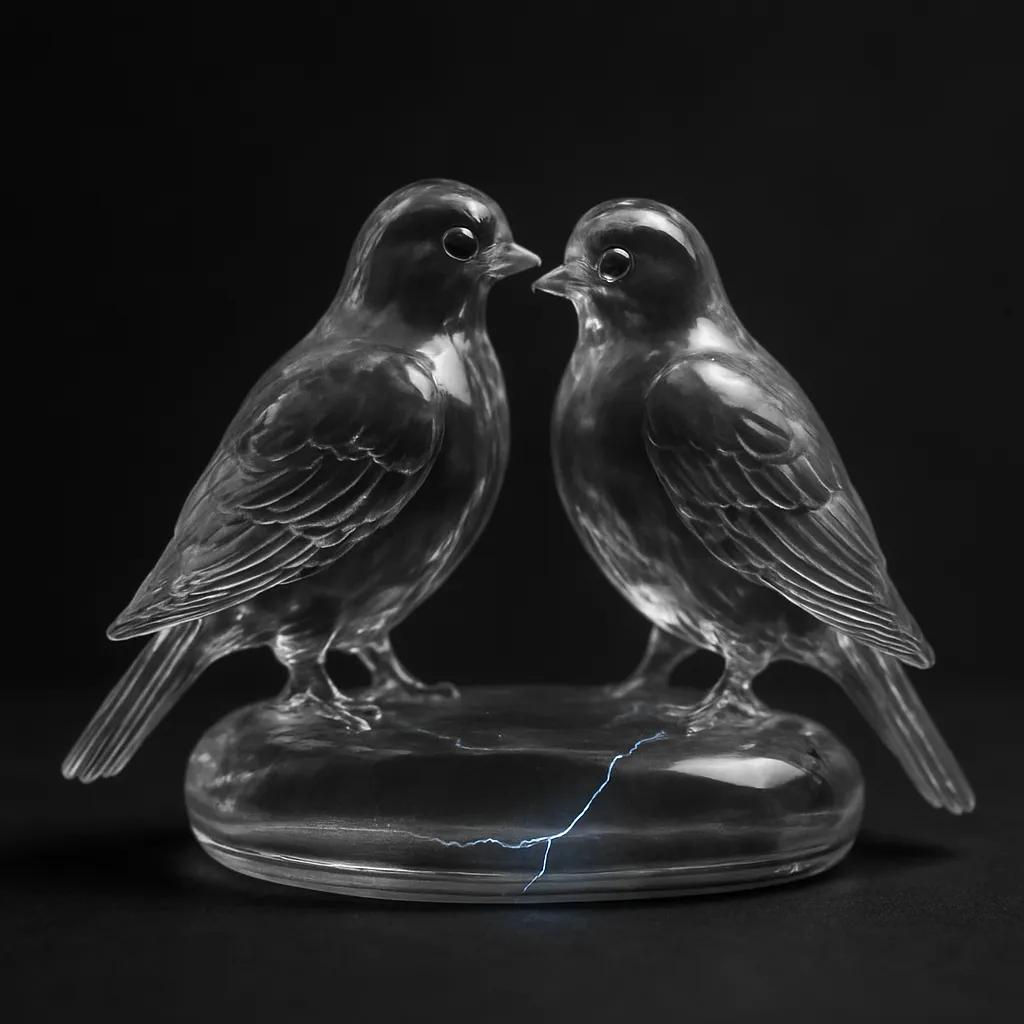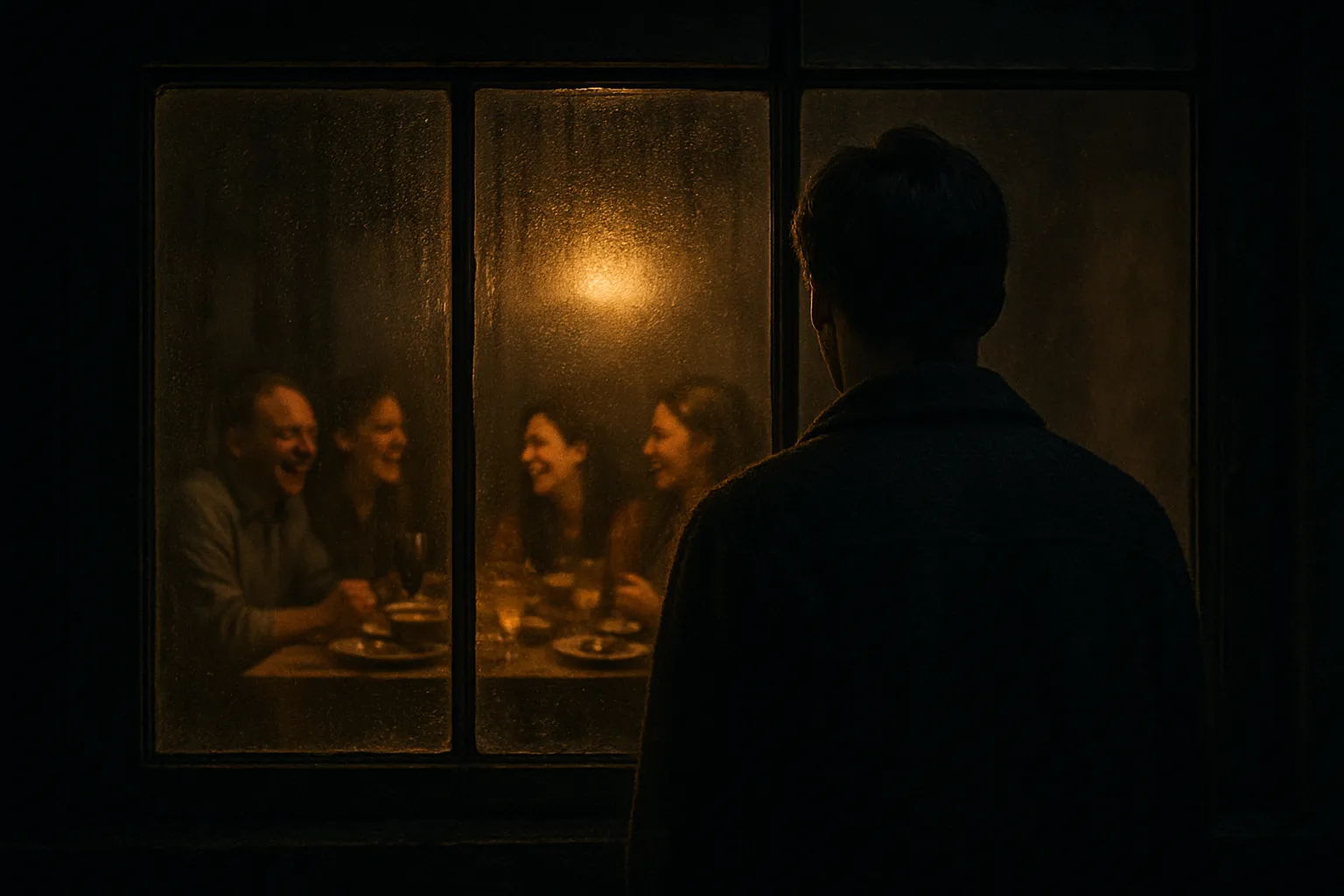He Seemed Perfect: Understanding Why Good Relationships Fail

The Most Confusing Heartbreak
It is one of the most baffling and painful forms of heartbreak: the end of a relationship that, by all outside metrics, seemed perfect. He was kind, intelligent, and attractive. Your friends loved him, your family adored him, and you had undeniable chemistry. There was no major betrayal, no screaming matches, no single, glaring red flag. And yet, it ended. This kind of breakup can leave you feeling profoundly lost and questioning your own judgment, because it defies the simple narratives we're taught about love. The truth is, a relationship requires more than just two good people who care for each other. Sometimes, even the best relationships fail for reasons that are subtle, complex, and have nothing to do with a lack of love.
Reason 1: A Fundamental Mismatch in Core Values
This is one of the most common hidden reasons for failure. While you might have shared hobbies and a similar sense of humor, your deep, core values about what constitutes a good life may have been misaligned. These are the beliefs so central to us that a mismatch will eventually cause an unbridgeable gap. This could be a clash between:
- A value of Ambition vs. a value of Work-Life Balance.
- A value of Financial Security vs. a value of Spontaneity and Experience.
- A value of Community and Family Roots vs. a value of Travel and Global Exploration.
These differences don't make either person wrong, but they can make a shared future impossible without one person sacrificing a core part of their identity.
Reason 2: The "Right Person, Wrong Time" Phenomenon
Timing is not a romantic excuse; it is a very real and powerful logistical force. You can meet a person who is a perfect match for you in every way, but if the timing is off, the relationship may be unsustainable. This could manifest as:
- Different Life Stages: One person is ready to settle down and start a family, while the other is just beginning a demanding career or is not emotionally ready for that level of commitment.
- External Crises: One partner may be dealing with a major life stressor—a family illness, a personal health crisis, or significant financial hardship—that leaves them without the emotional capacity to nurture a relationship.
In these cases, the love and compatibility can be real, but the practical circumstances create an impossible hurdle.
Reason 3: A Failure to Navigate the End of the Honeymoon Phase
Every long-term relationship must transition from the initial, intoxicating "honeymoon stage" to the more challenging "reality" stage. A relationship can feel perfect in the beginning when both partners are on their best behavior and focusing only on similarities. The real test comes when the initial euphoria fades and differences emerge. A "good" relationship can fail if the couple lacks the skills to navigate this crucial transition. This can be due to poor conflict resolution skills, an inability to accept each other's flaws, or an unwillingness to do the conscious work required to build a deeper, more mature love.
Reason 4: The Quiet Erosion of Emotional Intimacy
Sometimes, a relationship doesn't end with a bang, but with a slow, quiet fade. The couple can be great functional partners—they manage the household well, they are supportive co-parents, they are a great team—but they have slowly stopped being lovers and confidants. The emotional intimacy, vulnerability, and romantic spark have eroded over time, leaving behind a loving but platonic friendship. The breakup, when it comes, can feel shocking, but it's often the final acknowledgment of a connection that has been lost for a long time.
It Wasn't a Lie, It Just Wasn't a Lifetime
It is crucial to reframe the end of a "good" relationship. It does not mean the love you felt wasn't real or that the happy memories were a lie. It simply means that it had a purpose and a season, and that season has ended. The relationship was not a failure; it was a completed chapter that taught you invaluable lessons about yourself, your needs, and the deeper complexities of what it truly takes to build a life with someone. Acknowledging that a person can be wonderful, and still not be the right person for you *for a lifetime*, is a sign of profound wisdom and maturity.


